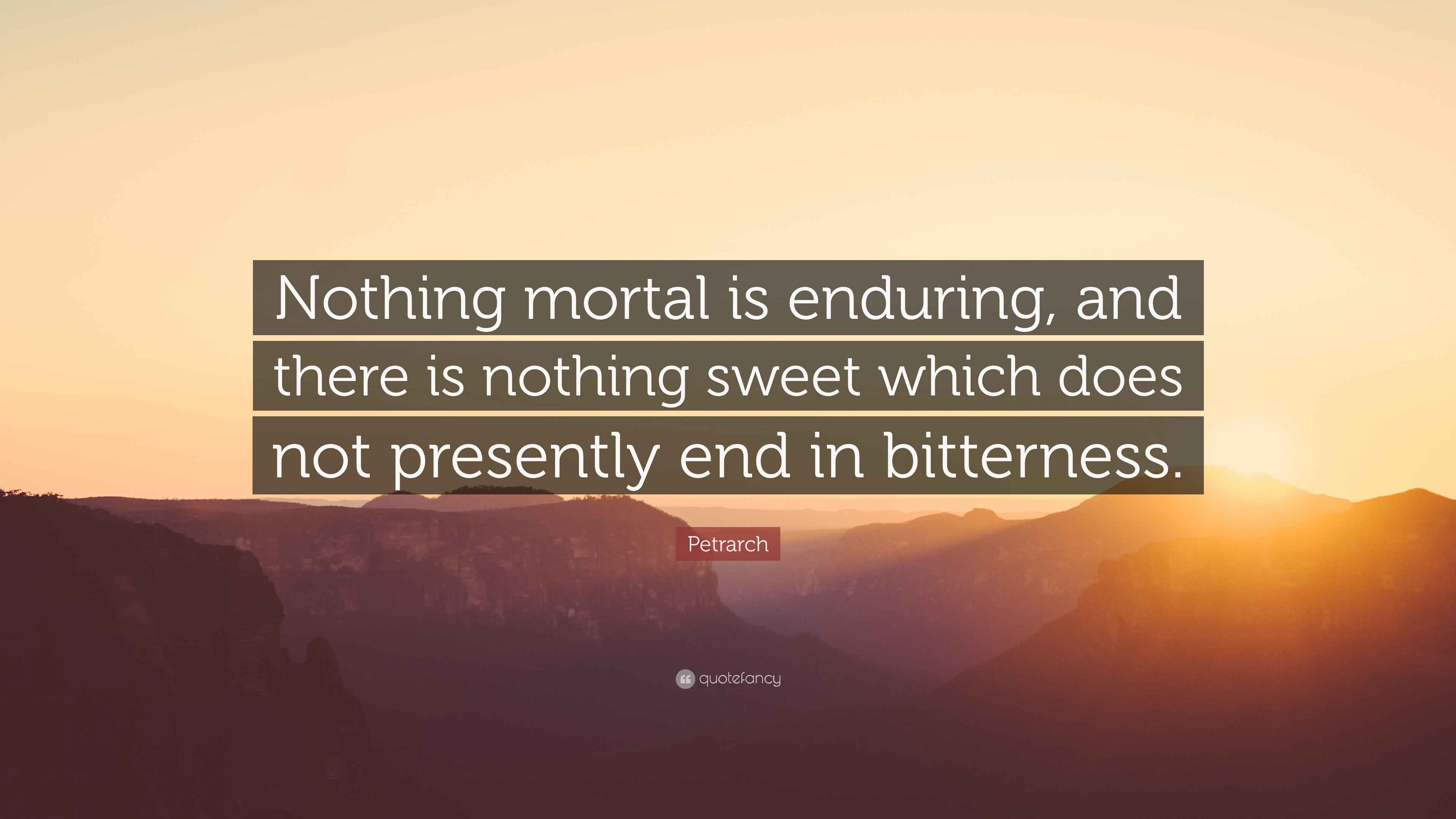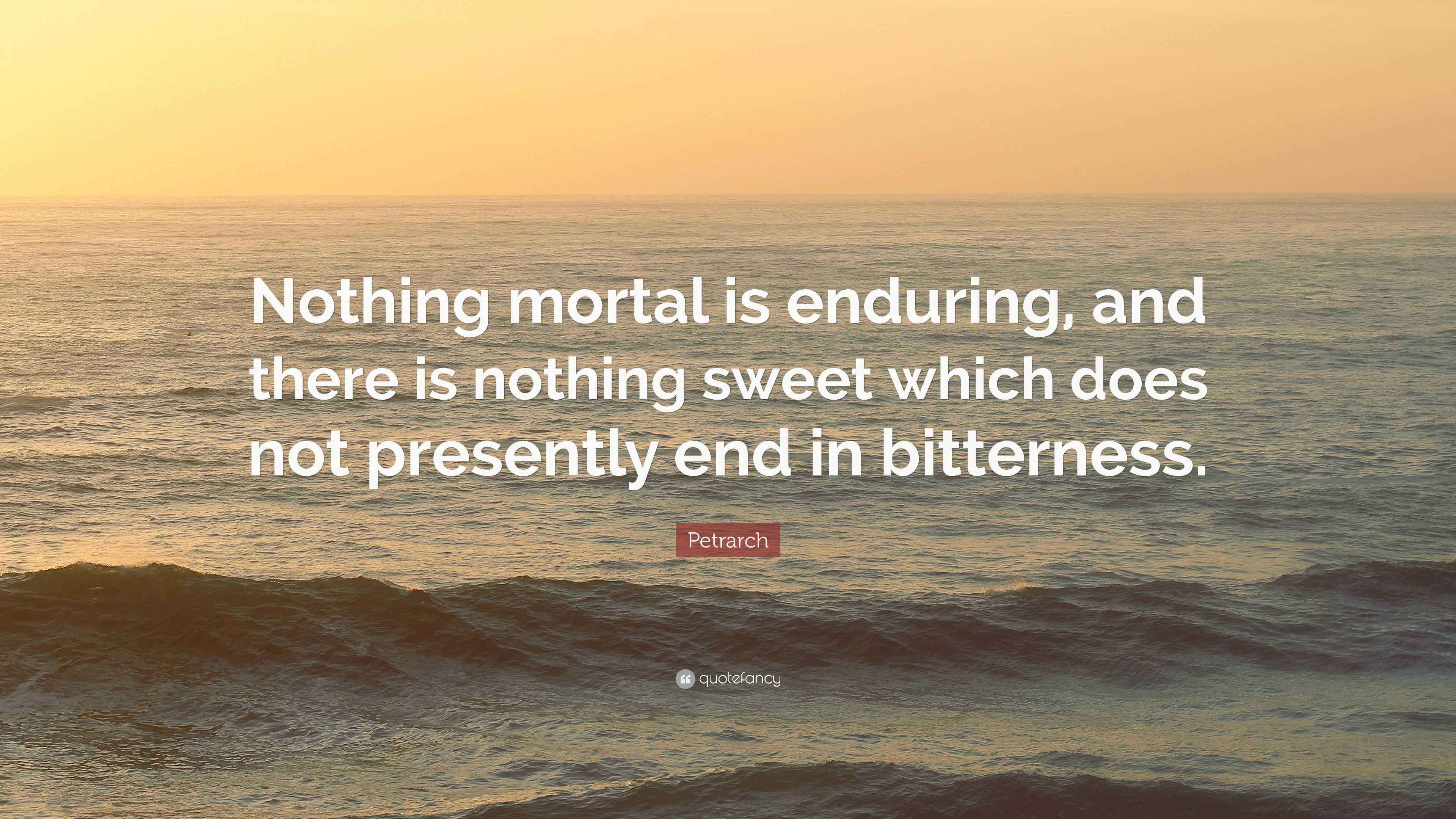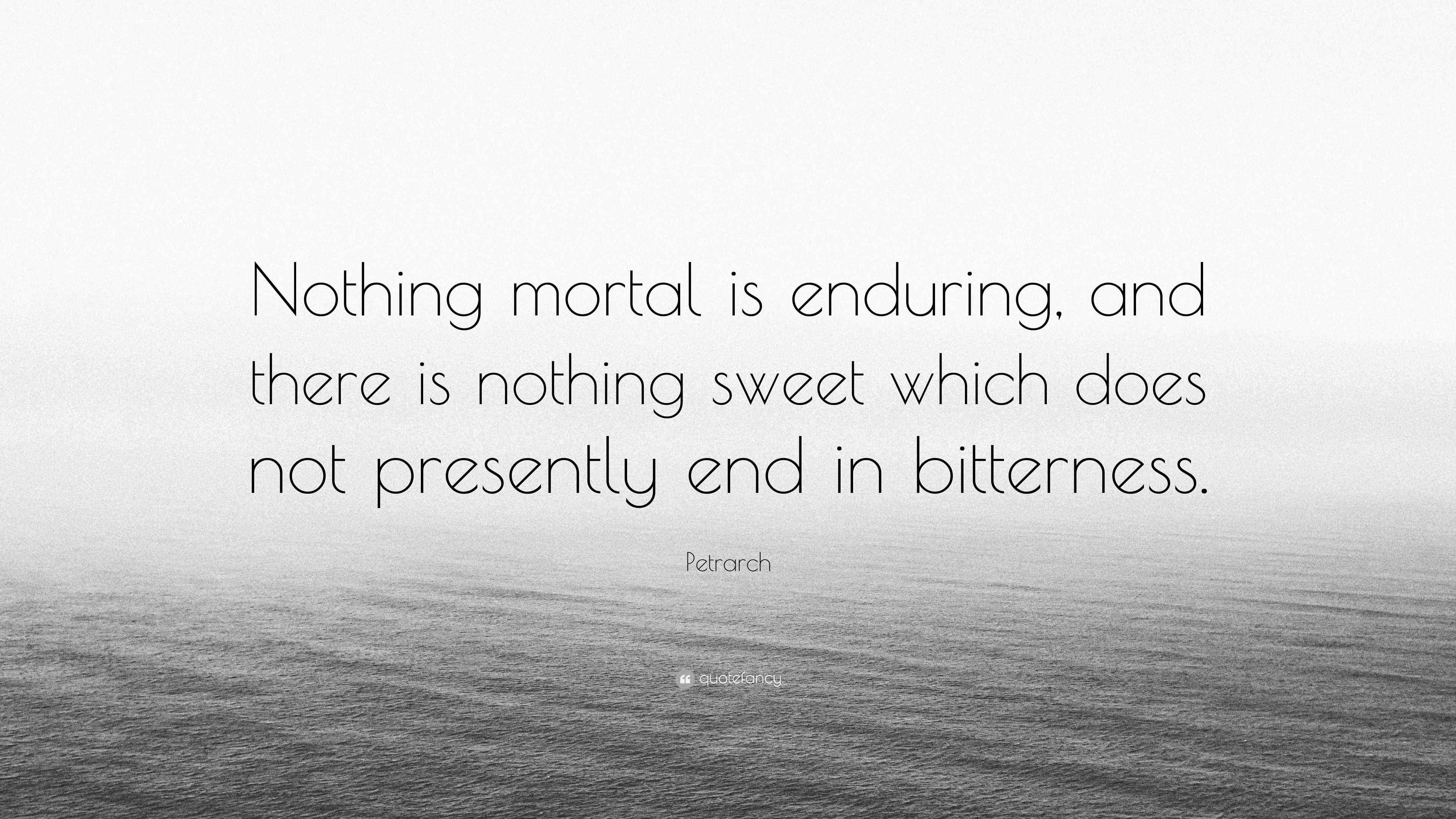Life is short, and we’re all just humans trying to figure it out as we go along. The phrase "I'm nothing but a mortal" might sound like a humble confession, but it carries a lot of weight. It reminds us that we're not gods, superheroes, or immortal beings—we're just regular folks with dreams, fears, and limitations. And honestly, that's what makes life so beautiful. When we embrace our mortality, we start living more authentically and intentionally.
Think about it: every person you admire, every celebrity you follow, every historical figure you study—they all share one thing in common. They’re mortal too. No matter how much success they achieve or how many records they break, they’re still bound by the same rules of life as everyone else. It’s a humbling thought, isn’t it? But it’s also incredibly liberating.
In this article, we’ll dive deep into what it means to be "nothing but a mortal." We’ll explore the beauty of imperfection, the importance of embracing our limitations, and how understanding our mortality can actually help us live fuller lives. So grab a cup of coffee, get comfy, and let’s talk about something that affects us all.
Read also:Tell Your Girlfriend Lyrics A Deep Dive Into The Song Thatrsquos Got Everyone Talking
Table of Contents
- What Does It Mean to Be "Nothing But a Mortal"?
- Embracing Our Limitations: The Key to Growth
- The Fear of Mortality and How to Overcome It
- A Philosophical Perspective on Mortality
- The Scientific View of Mortality
- Religion and Spirituality: Finding Meaning in Mortality
- When Celebrities Realize They’re Mortal Too
- Practical Tips for Living Fully as a Mortal
- How Mortality Shapes Society
- Conclusion: Celebrate Your Mortality
What Does It Mean to Be "Nothing But a Mortal"?
Let’s start with the basics. What exactly does it mean to say you’re "nothing but a mortal"? At its core, it’s an acknowledgment of our human condition. Mortality isn’t just about death; it’s about the entire journey of life. It’s about knowing that we have a limited time on this earth and that everything we do matters.
Being mortal means we’re not invincible. We’ll get sick, we’ll experience loss, and eventually, we’ll pass away. But here’s the thing: that’s okay. In fact, it’s kind of amazing. If we were immortal, life would lose its urgency and meaning. The fact that our time is finite is what makes every moment precious.
Embracing Our Limitations: The Key to Growth
Let’s face it—none of us are perfect. We all make mistakes, we all have flaws, and we all have areas where we could improve. But instead of seeing these limitations as weaknesses, why not see them as opportunities for growth? Embracing our imperfections is one of the most powerful things we can do as humans.
- Accepting that we’re not perfect allows us to be kinder to ourselves.
- It encourages us to keep learning and evolving.
- It helps us connect with others who are also on their own journey of self-discovery.
Think about it this way: if you never acknowledged your limitations, you’d never try to overcome them. By saying "I’m nothing but a mortal," you’re giving yourself permission to be human—and that’s a beautiful thing.
The Fear of Mortality and How to Overcome It
Fear of death is one of the most universal human experiences. It’s natural to be scared of the unknown, but letting that fear control your life can prevent you from truly living. So how do we overcome it?
First, it’s important to acknowledge the fear. Pretending it doesn’t exist won’t make it go away. Instead, try reframing your thoughts. Instead of focusing on the end, focus on the journey. Ask yourself: What do I want to accomplish before my time is up? What legacy do I want to leave behind? These questions can shift your mindset from fear to purpose.
Read also:Rubi Rose Druski The Rising Star Whos Making Waves In Hollywood
A Philosophical Perspective on Mortality
Philosophers have been pondering the concept of mortality for centuries. From Socrates to Nietzsche, they’ve all had something to say about what it means to be human and finite. Here are a few insights:
- Socrates: "The unexamined life is not worth living." Socrates believed that reflecting on our mortality helps us live more meaningful lives.
- Nietzsche: "He who has a why to live can bear almost any how." Nietzsche argued that finding purpose in life gives us the strength to face our mortality.
- Camus: "In the midst of winter, I found there was, within me, an invincible summer." Camus saw life as a constant struggle, but one that could be overcome with resilience.
These philosophers remind us that our mortality doesn’t have to be a source of fear. It can be a source of inspiration.
The Scientific View of Mortality
From a scientific perspective, mortality is simply a part of the natural order of things. Every living organism has a lifespan, and humans are no exception. But science also offers some fascinating insights into how we can extend and improve the quality of our lives.
For example, studies have shown that maintaining a healthy lifestyle—eating well, exercising regularly, and managing stress—can significantly increase life expectancy. Additionally, advances in medicine and technology are helping people live longer and healthier lives than ever before.
Religion and Spirituality: Finding Meaning in Mortality
Many people turn to religion and spirituality to find meaning in their mortality. Different faiths offer different perspectives on life and death, but they all share a common theme: the idea that there’s more to life than just physical existence.
- In Christianity, believers often view life as a journey toward eternal life with God.
- In Buddhism, the focus is on achieving enlightenment and breaking free from the cycle of rebirth.
- In Hinduism, the concept of karma and reincarnation suggests that our actions in this life affect our future lives.
Whether or not you’re religious, exploring spiritual practices like meditation and mindfulness can help you come to terms with your mortality and find peace in the present moment.
When Celebrities Realize They’re Mortal Too
Even the most famous and successful people in the world are reminded of their mortality at some point. Whether it’s through illness, tragedy, or simply the passage of time, celebrities are no different from the rest of us. Here are a few examples:
- Elton John: After battling HIV, Elton became a vocal advocate for AIDS awareness and prevention.
- Angelina Jolie: Following her decision to undergo a double mastectomy, Angelina spoke openly about the importance of preventative care.
- Bruce Springsteen: In his memoir, Springsteen reflects on the inevitability of aging and the importance of legacy.
These stories remind us that fame and fortune don’t protect anyone from the realities of life. We’re all in this together.
Practical Tips for Living Fully as a Mortal
So how can you embrace your mortality and live a fuller life? Here are a few practical tips:
- Set meaningful goals and work towards them every day.
- Spend time with loved ones and nurture your relationships.
- Pursue passions and hobbies that bring you joy.
- Practice gratitude and mindfulness to stay present in the moment.
- Take care of your physical and mental health.
Remember, life is short, but it’s also incredibly rich. By embracing our mortality, we can make the most of the time we have.
How Mortality Shapes Society
Our awareness of mortality influences everything from art and literature to politics and economics. Think about the great works of Shakespeare or the paintings of Van Gogh—many of them were created with an understanding of the fleeting nature of life. Similarly, societal structures like healthcare systems and retirement plans are designed to address the realities of aging and death.
Understanding our mortality can also inspire us to work towards a better future. Knowing that our time is limited can motivate us to tackle global issues like climate change, poverty, and inequality. After all, if we’re going to leave a legacy, we want it to be a positive one.
Conclusion: Celebrate Your Mortality
So there you have it—a deep dive into what it means to be "nothing but a mortal." While the concept of mortality might seem daunting at first, it’s actually one of the most beautiful aspects of being human. It reminds us to cherish each moment, to pursue our passions, and to connect with others on a deeper level.
As we wrap up, I want to leave you with a challenge: take a moment today to reflect on your own mortality. Think about what you want to accomplish, who you want to surround yourself with, and how you want to make the most of the time you have. And don’t forget to share this article with someone who might benefit from the message—it’s always better to face life’s big questions together.
Now go out there and live like the mortal, magnificent human being that you are!


